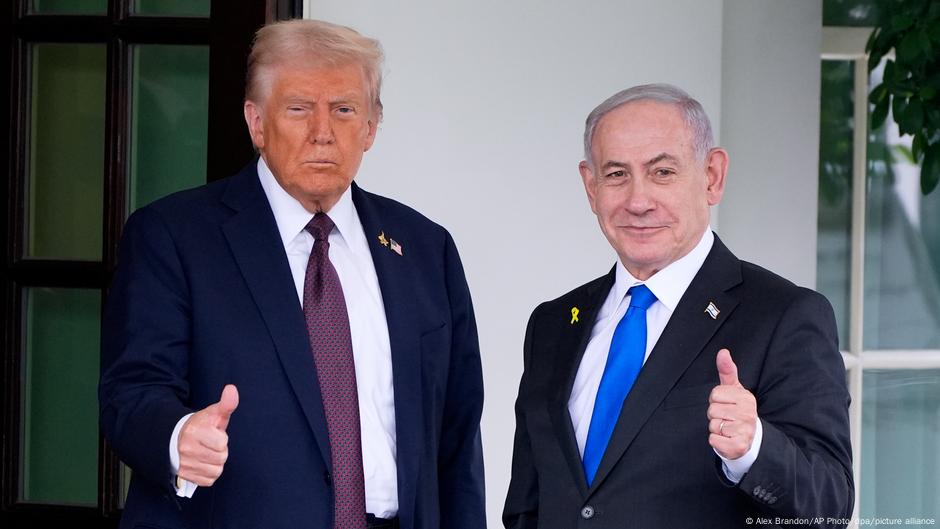After learning of his victory and in the moments prior to Donald Trump’s inauguration as the new president of the United States, bitcoin (BTC) reached several all-time highs, climbing above USD 109,000.
A value that marks a milestone and that for many reflects a path of prosperity for the cryptocurrency industry, with Trump’s return to the White House. This is a position with which Daniel Vogel, CEO and founder of Bitso, agrees; and Felipe Vallejo, general director of the exchange in Mexico.
Both participated in a gathering in their YouTube channel to discuss Vogel’s experiences in the Crypto Ballan event held in the United States within the framework of the presidential inauguration. There he coincided with some of the most important leaders of the ecosystemincluding the directors of Coinbase, Kraken and Ripple.
“The atmosphere of enthusiasm that was felt is something historic,” said Vogel, noting that many still they felt incredulous given the role that the industry is playing in the political dynamics of the country.
In general, the presence of the New York businessman in the White House has everyone on edge, although there is also a lot of uncertainty about the measures that the president will implement and that will directly or indirectly affect the cryptocurrency sector.
Whatever the outcome, “what has been observed in these first days shows that Trump is willing to keep his promises,” Vogel observes.
This refers to the government’s recent actions, such as the release of Ross Ulbricht, the work that the Securities and Exchange Commission (SEC) is already carrying out to regulate cryptocurrencies and the willingness of congressmen to enact favorable laws.

In that sense, Vogel highlights the words of David Sacks during the event. The crypto czarchosen by Trump to formulate government policies in the fields of artificial intelligence (AI) and cryptocurrencies, assured that yes a will be created bitcoin reserve.
Based on this, Bitso managers look very favorably on the future of cryptocurrencies, placing the United States as the voice of bitcoin regulation in the world. This, considering that it is the largest economy on the globe.
At this point, Vogel shares the idea that many members of the community have expressed, pointing out the doubts that exist about how much knowledge Trump has about bitcoin. “He probably doesn’t know much, but the important thing is that the circle around him does understand cryptocurrencies.”
David Sacks is one of those key figures surrounding Trump, and Paul Atkins is crucial for the industry at this time, because to turn the US into a crypto hub, friendly regulation is needed. That he is now the chairman of the SEC is a very clear sign of this change that we are seeing in the US.
Daniel Vogel, CEO of Bitso.
Vogel draws attention to the implications that someone with the background Atkins takes the lead in the SEC. “He is a man with an important career, who stands out for his strong support for the cryptocurrency industry for years.”
According to the conversations he had with regulators such as Cynthia Lummis, and from the words of Sacks, he understands that the intention of all of them to promote the industry is very high.

A role model for Latin America
Bitso managers anticipate that the pro-crypto attitude of the US government will be emulated by many countries, including Latin American ones.
“We hope that Latin American governments follow this example and give greater importance to cryptocurrencies,” says Vallejo. For this reason, he thinks that in the elections that will be held in many countries in the region, bitcoin will end up becoming more relevant.
In this regard, they propose that the bitcoiner community in Mexico petition President Claudia Sheinbaum to create a BTC reserve.
In this way, they would follow in the footsteps of the United States, where it was the drive for adoption that made politicians pay attention to bitcoin. “If it had not been for the polls, the digital currency does not play such an important role in the elections.”
They consider, therefore, that people pressure is key so that politicians from Mexico and the rest of Latin America pay attention to the sector.






Leave a Reply